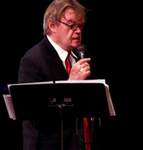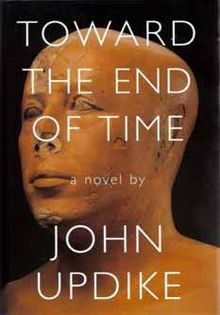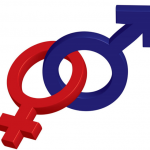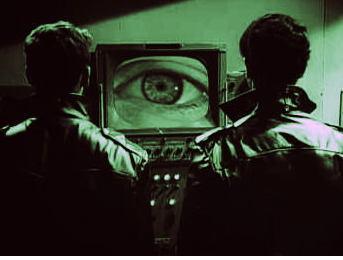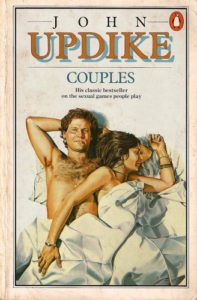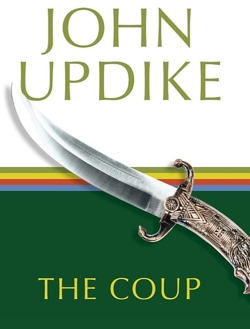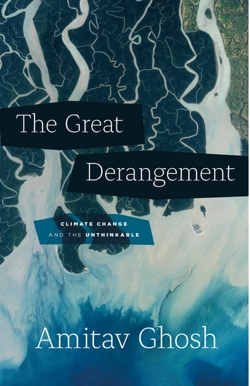 In a recent cultural criticism and analysis essay in The Nation on “Where the Air Stands Still; In India, the pathology of denial about climate change reveals the real crisis at our door—one of imagination,” Abhrajyoti Chakraborty talks about the negative effects that colonialization and globalization have had on India and concludes that, given the “imperative to industrialize” and the effects that had on rural life and the country’s natural resources, “[i]t is hard not to view global warming as the outcome of modernization’s very success.”
In a recent cultural criticism and analysis essay in The Nation on “Where the Air Stands Still; In India, the pathology of denial about climate change reveals the real crisis at our door—one of imagination,” Abhrajyoti Chakraborty talks about the negative effects that colonialization and globalization have had on India and concludes that, given the “imperative to industrialize” and the effects that had on rural life and the country’s natural resources, “[i]t is hard not to view global warming as the outcome of modernization’s very success.”
Chakraborty discusses Meera Subramanian’s research methods and book, A River Runs Again, and also novelist Amitav Ghosh‘s “recent polemic,” The Great Derangement: Climate Change and the Unthinkable, the conclusion of which is that “the project of modernity has expelled the idea of ‘the collective’ from our imagination over the last 150 years. It did so by making obsolete the many older communal forms of storytelling—like fables, legends, and myths—and by implying that most of the events they described were unlikely to happen.
“‘The Flaubertian novel came into fashion as a result of this shift, and, something similar,’ Ghosh argues, also occurred in the field of geology. Both disciplines have become emblematic of a worldview that perceives only slow, foreseeable change and misses completely the possibility of ‘short-lived cataclysmic events’. . . .
“Much of this is inferred from a review by John Updike for The New Yorker back in 1988, in which a sense of ‘individual moral adventure’ is said to distinguish novels from fables and chronicles. Literature—comprising primarily of ‘serious fiction’ in Ghosh’s reckoning: novels that are reviewed in ‘highly regarded literary journals’—cannot persuasively imagine the unforeseeable consequences of a warmer world. This is also how, as in Subramanian’s book, personalities become more important than policies. Journalistic scrutiny can always be redirected to something private. Politics has become the sort of novel Updike might have liked: broad in principle, but relentlessly individual in practice.”
Later Chakraborty writes, “The absence of novels about climate change is a constant refrain in The Great Derangement. Identifying the absence is only part of the problem: One should also consider what such a novel might look like. It is instructive that in Updike’s characterization of the novel as an ‘individual moral adventure,’ Ghosh takes issue with the adjectives. He seems to share with Updike the confining sense that the novel is, when all is said and done, a story, an ‘adventure.’ Ways of telling are not as important as the tale: A novel is distinguished by its aboutness. There is little room for doubt or prevarication in such a novel—little room, as it were, for imagination.”
Read the full essay.

